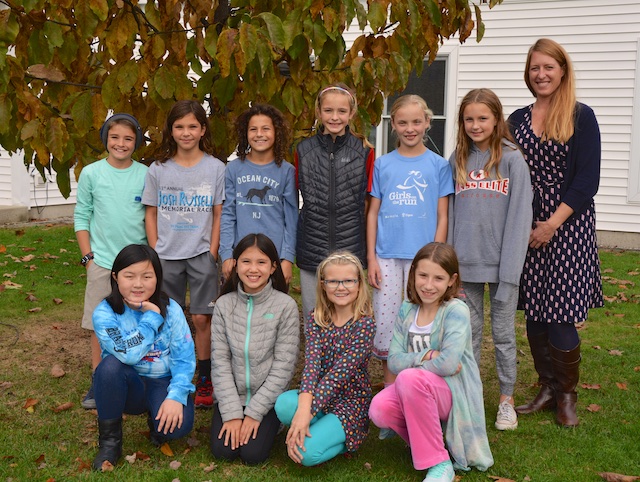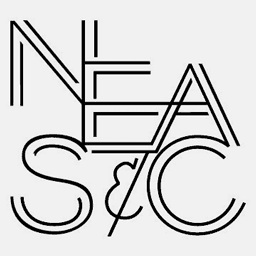Shaker Road School’s Advisory Citizenship Program is at the heart of our social curriculum. During the past decade, we have tweaked, evaluated, and discussed the importance of such a program and its impact on students during their time at SRS and beyond. Over the years, I have used the monthly Citizenship Themes such as responsibility, tolerance, kindness, and pride to guide student discussions, resolve conflicts, and reinforce concepts that reflect our school’s mission.
This past October, the Fifth Grade was given the task of writing a blog that focused on academic honesty, the Citizenship Theme of the month. I struggled with the organization and content of this blog for quite a while…asking myself, how do I accurately reflect the voices of 11 individuals in one blog entry? Will the Fifth Grade students be able to write a blog about academic honesty that is thoughtful and mature? Well, the answer is yes! So, instead of reading the ramblings of a Fifth-Grade Advisor, let’s hear from the people who will carry on these values beyond the SRS community.
“This monthly theme is academic honesty where we learn how not to cheat on a test and it keeps you honest. October is a good time to discuss academic honesty because as you get more into the school year there will be more consequences. If you cheat on a lesson or unit you really are not learning, so any future lesson could be more and more difficult. You also would not understand the material because you are doing someone else’s work. In addition, you want to have pride in your work.
We like to talk about the themes because there are some things that we are not even sure we are doing, but talking about the different themes makes us aware. This gives us an advantage because most schools do not have such a thorough program and allows us to act more maturely and kindly to others.”
Written By: Dillo, Griffin, Ali, and Belen
“Academic Honesty is our monthly theme. Academic Honesty is when you do not cheat during any test or homework. If you do cheat, then you aren’t showing what you know or learning what the teacher is trying to teach you and that is not being academically honest. If you do this in higher grades then you’ll get in bigger trouble than if you do it in primary or middle school. This is because the teachers think you understand academic honesty and the consequences more, especially in high school and college. That is why it is good to learn the right way now so you don’t make bigger mistakes in higher grades because in higher grades your consequences could be bigger and more serious.”
Written By: Frances, Mei-Ling, and Wilder
“Our advisory program gives us a monthly theme that we work with for that whole month. This month of October we have learned that cheating is not the right thing to do. Now we are prepared for when the time comes when we must leave Shaker to go off to high school where if we cheat we could be asked to redo work or in college we could be expelled. October is a good time to discuss that cheating is not the right thing because as you get more into the year there will be more consequences for cheating. This is also true as you grow up. An example of academic honesty is in student elections for student government you should be honest about your abilities. Say I was running for secretary and I said I was awesome at typing but I really wasn’t. Then I got elected and I would have a lot of trouble keeping up with the conversation and be embarrassed.
Our advisory program gives us an opportunity to open our minds to new ways of thinking about topics like kindness, tolerance, and academic honesty. An opportunity to hear other people’s opinions about the subject and helps us have pride in our own work.”
Written By: Avery, Isabel, Alex, and Gabe
As I read through the students’ thoughts and opinions of our Citizenship Program, two things became clear to me. First, these students are aware of and see the value in our program. They can see the benefits beyond their time here at SRS and more importantly, how these lessons directly affect them and their peers. Second, education is so much more than reading, writing, and arithmetic…and I am fortunate to be part of a school community that encourages, discusses, and teaches the impact of honesty and kindness. These lifelong lessons will (and already have) influenced our future generations.



